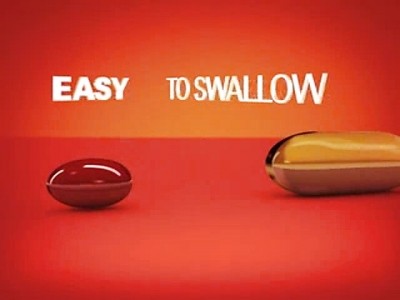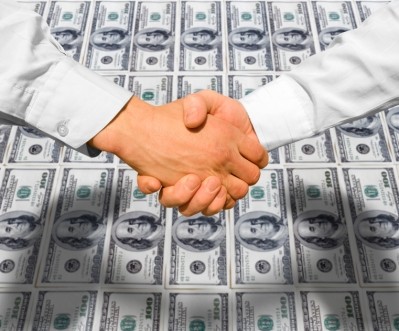Bayer's acquisition of Schiff creates billion-dollar powerhouse
Bayer announced a $1.2 billion acquisition of Salt Lake City-based Schiff on Monday. It was by far the biggest deal of 2012 in the dietary supplements space, and the biggest deal since DSM acquired Martek Biosciences for $1.1 billion in a deal that was completed in early 2011. The Carlyle Group’s $3.8 billion acquisition of NBTY in 2010 tops that list.
“It’s a sensible acquisition. It brings together skills and assets and product lines that I think will be complementary. And creates a very big player,” said Loren Israelsen, executive director of the United Natural Products Alliance, told NutraIngredients-USA.
Bayer is big in consumer health products
Bayer already had a strong foothold in consumer health products. It owns the Flintstones and One-A-Day vitamin lines, the latter of which has now grown to 15 skus. It offers a line of calcium supplements under the Citrical brand name, and a couple of probiotics brands and a fish oil product.
Schiff is a leader in its categories, especially with its line of MegaRed krill oil supplements, which are the largest selling omega-3 supplements overall and in the food drug mass channel.
And Bayer was willing to pay a hefty premium to acquire Schiff; by some measures it was one of the richest deals ever in the nutritional products space. The deal works out $34 per share of Schiff, a 51% premium over Friday’s closing price on the New York Stock Exchange.
Analyst Martin Landry, of Montreal-based GMP Securities, characterized the deal this way in a research blast sent to customers on Monday: Schiff is experiencing rapid growth, and had projected sales growth of 43% to 46% for fiscal 2013.
“The valuation multiples paid for Schiff are quite rich and can be explained by its expected rapid growth. The purchase price of US$1.2b represents valuation multiples of 15x (projected)2014 EBITDA and 28x 2014 EPS,” he wrote.
But it’s an excellent strategic fit for Bayer, said Grant Ferrier, CEO of Nutrition Capital Network, a California firm that matches investors with early stage growth companies in the health and wellness sphere.
“They have wanted to build their consumer health division to well over $1 billion. And with this acquisition I think they’ve done that,” Ferrier said.
“For any acquisition of scale over the last few years they’ve been in line,” to make an offer, he said.
Diversifying the portfolio
Ferrier saw the deal as adding diversification into Bayer’s product line, as opposed to offering strong synergies between Schiff’s products and Bayer’s existing brands.
“I think it’s more of a diversification into the specialty supplement area. (Bayer has) a strong position in multivitamins, in children’s vitamins and in calcium,” he said.
Fitting those pieces together is always one of the challenges in a big acquisition, and it’s far to early too say exactly how that process will play out, according to Bayer spokesman Günter Forneck.
“Both companies will remain separated until closing, and then the normal work has to start on how to organize the combined companies,” he said.
“So far there is no decision to do away with the production plant in Utah.” But, he added, “We have to be aware that there will be overlaps in functions.”
Schiff's innovations
One of the strengths of Schiff has been its well thought out marketing campaigns, Ferrier said.
“One of the things I think probably they’ve done better at than others is branding that’s not just ingredient branding,” Ferrier said. The MegaRed product line is based on krill oil, for example, but Schiff has crafted a campaign that attaches most of the product’s attributes to the brand, and not the ingredient.
“That protects them from the ultimate commoditization,” Ferrier said, pointing to what has happened in the fish oil sphere.
One of the big challenges when a big company absorbs a smaller innovator is to keep that spirit of innovation alive. Ferrier thinks it's likely that Bayer will be able to keep Schiff’s creative fires burning.
“Bayer has made a concerted effort to be more innovative,” he said, pointing to the many product launches under the One A Day umbrella as an example.









